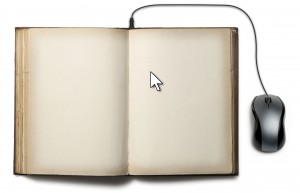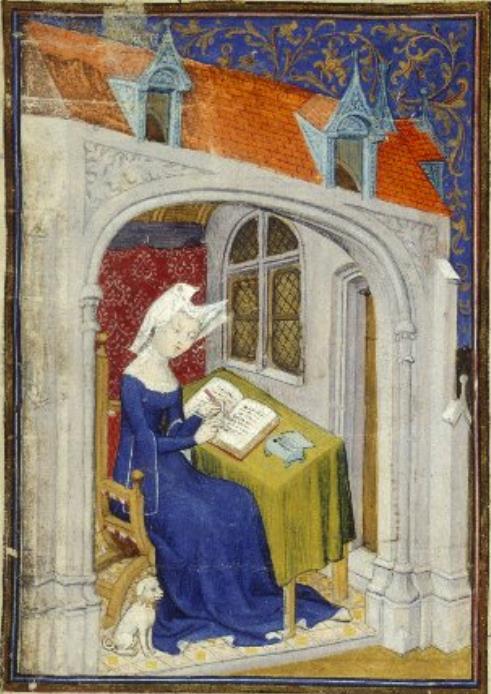Call for Contributions
Women, Gender and Information and Communication Technologies
(Europe, 19th-21st centuries)
International Symposium
Paris
15-16 May 2014

Organized by LabEx EHNE (Écrire une histoire nouvelle de l’Europe – Writing a New History of Europe), research strands 1 and 6 (http://www.labex-ehne.fr), in partnership with the CNRS Institute for Communication Sciences (ISCC)
Although pioneering studies have contributed in the last few years to highlighting numerous aspects of the gendered construction of Information and Communication Technologies (ICT), via analyses concerning women telephone operators, female radio listeners, or even the ENIAC Girls, the place of women and of gender in the history of information and communication technologies remains to be reflected upon and written, whether it is the role and the representation of the two sexes regarding research, conception, utilisation or consumption.
It is hoped that these two days will compare European perspectives on the historical relations that women have maintained with information and communication technologies, since the telegraph. The study days invite transnational and interdisciplinary analyses across the long term, drawing as much upon the history of computer science and ICT as upon the history of work, organisations, consumption, education, media, and gender studies.
In touching upon imaginations, values, figures, models and practices that cut across the history of the telegraph, the telephone, the radio, the TV, the internet and digital devices, we hope to explore in particular the manner in which the history of information and communication technologies can enrich gender studies, and conversely the way in which the latter can shed light on studies related to ITC. The aim is to do so via numerous angles of approach (not exclusive of other approaches):
– Female actors of ICT: individual and collective historical figures, inventors, programmers, researchers, professional users, consumers etc.
– The gendered representations of the public actors of ICT and their evolution (discourses, advertising, teaching and education, imagination etc).
– The stakeholders implicated at the heart of ICT, affected by the problematic of gender (European associations, national or transnational collectives etc).
– ITCs as producers of new spaces for the expression of gender.
– The specificity or not of European research in the gendered approach of ITCs in relation to the work carried out in North America.
Papers should be twenty minutes in length and can be delivered in French or English. The organising committee would be particularly interested in proposals integrating a diachronic dimension and those explicitly touching upon a European dimension. Proposals of post-graduate students or early-career researchers are welcome.
Submission
Proposals should be sent to fgtic@iscc.cnrs.fr
They should be one page long, contain a bibliography and if possible a proposed plan. Authors can include a summary of their publications/research and a brief biography in their initial e-mail.
Deadlines
• Deadline for submission of proposals: March 1st 2014
• Notification of acceptance: March 15th 2014
• International Symposium: May 15th and 16th 2014
This information is available on http://genreurope.hypotheses.org/
Organizers
- Delphine Diaz (IRICE, Université Paris-Sorbonne, LabEx EHNE)
- Valérie Schafer (ISCC, CNRS)
- Régis Schlagdenhauffen (LISE, CNAM/CNRS, LabEx EHNE)
- Benjamin Thierry (IRICE, Université Paris-Sorbonne)
Program Committee
- Gerard Alberts (Universiteit van Amsterdam)
- Alec Badenoch (Department of Media and Cultural Studies, Utrecht University)
- Isabelle Berrebi-Hoffmann (LISE, CNAM/CNRS)
- Niels Brügger (The Centre for Internet Studies, Aarhus University)
- Frédéric Clavert (Université Paris-Sorbonne, IRICE, LabEx EHNE)
- Delphine Gardey (Faculté des Sciences de la Société, Université de Genève)
- Pascal Griset (Université Paris-Sorbonne, CRHI-IRICE/ISCC, LabEx EHNE)
- Sandra Laugier (Université Paris 1 Panthéon-Sorbonne, IUF)
- Christophe Lécuyer (Université Pierre et Marie Curie)
- Ilana Löwy (Cermes, CNRS, EHESS, Inserm, Paris 5)
- Cécile Méadel (CSI, MINES Paris Tech)
- Ruth Oldenziel (Eindhoven University of Technology, Senior Fellow at the Rachel Carson Center, Munich)
- Jean-Claude Ruano-Borbalan (HT2S, CNAM)
- Fabrice Virgili (IRICE, CNRS, LabEx EHNE)
Conference Secretary
Arielle Haakenstad (Université Paris-Sorbonne, IRICE/ISCC, LabEx EHNE)
![]()







